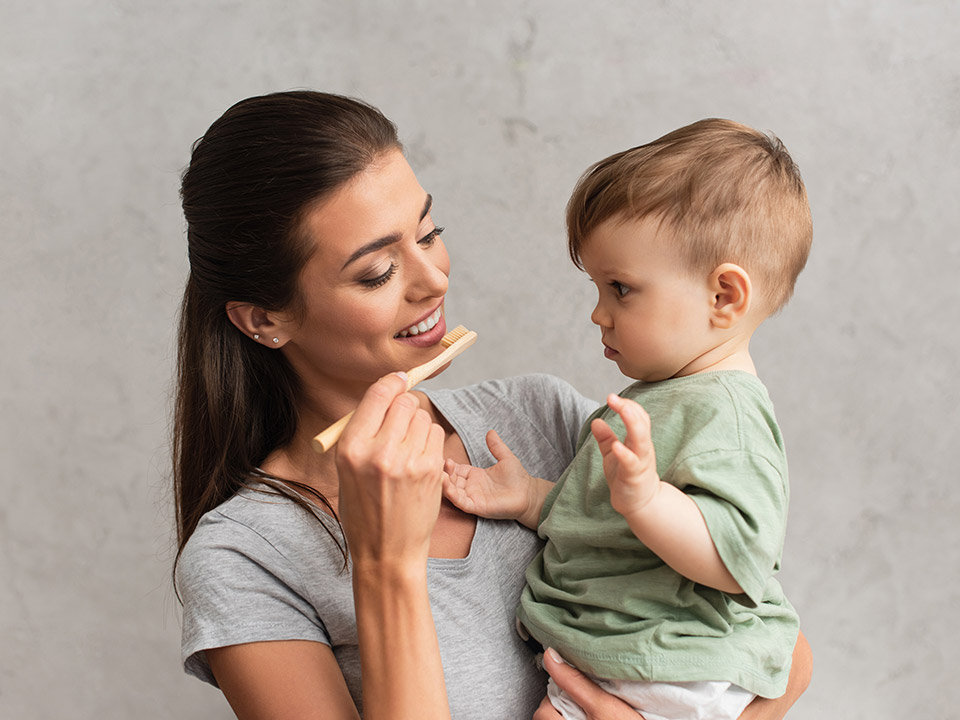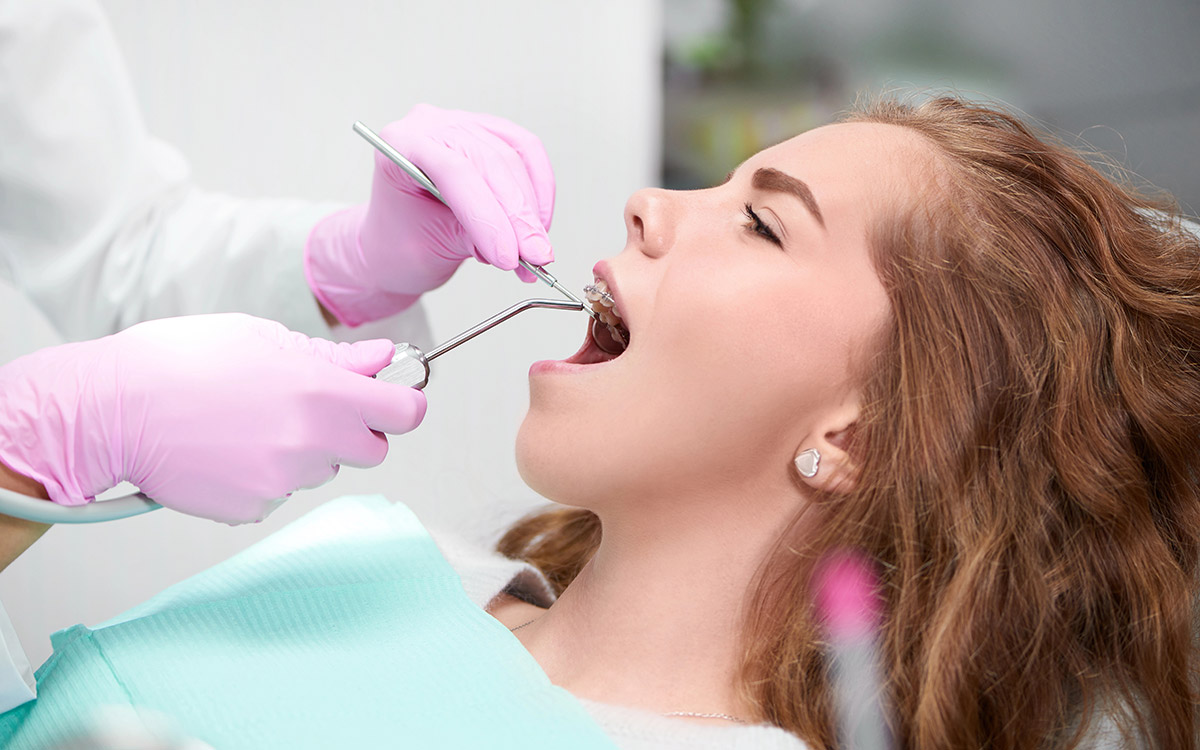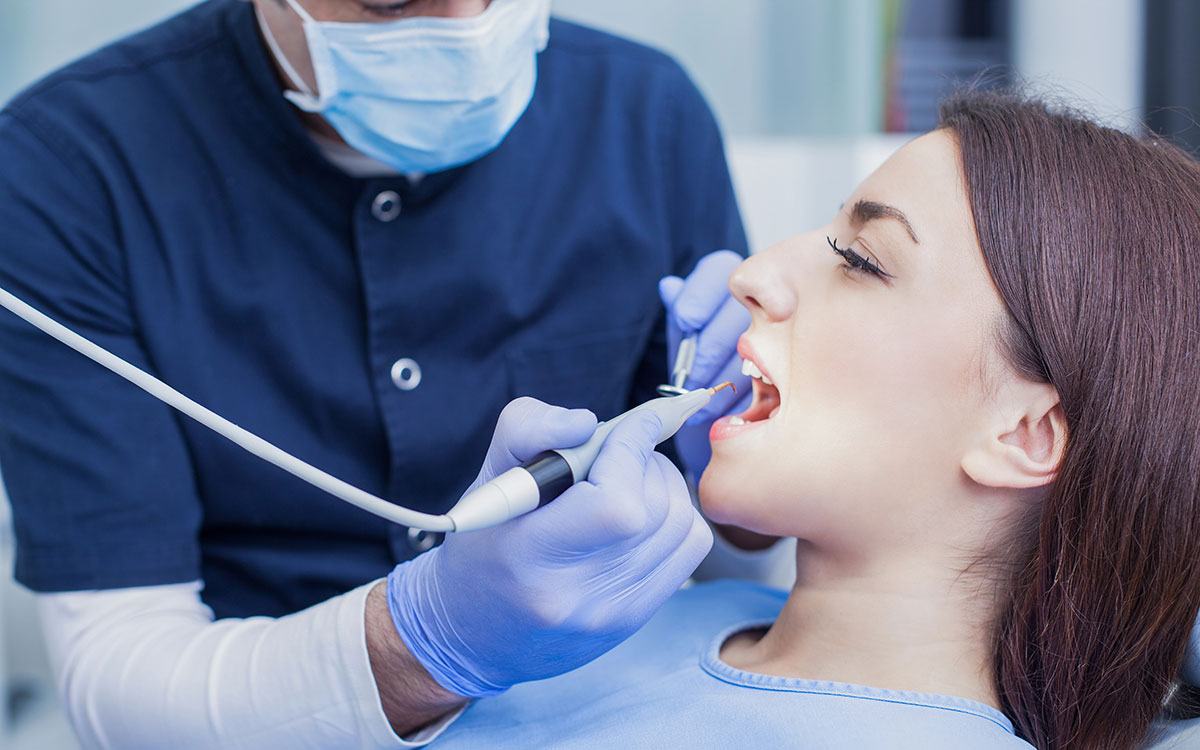Are you worried about your child’s teeth coming in late or not falling out? For many kids, losing their teeth is a significant milestone. However, not all children have their teeth falling out at the same age, which can be disappointing.
Baby teeth, also known as temporary teeth, primary teeth, milk teeth, or deciduous teeth, erupt after your kid turns 6-12 months old. The temporary teeth often fall out and leave room for the permanent teeth to set in,
It is not uncommon for parents to think about their child’s teeth falling out or oral health. While you might consider shaking the teeth yourself, this is not the best solution. Getting your dentist to check out your child’s teeth will give you some relief when their teeth erupt.
Until then, learn about the importance of baby teeth, and why your child’s may not fall out as expected.
Why Are Baby Teeth Important?
Baby teeth are the first set of teeth. From the moment baby teeth erupt, it takes about two and a half years before your child has all 20 baby teeth. Taking care of your child’s baby teeth is vital for overall oral health and hygiene.
Here are some of the benefits of baby teeth:
Chewing Food
Growing children need healthy foods to help them grow and develop. Baby teeth help kids chew crunchy vegetables and fruits. Chewing helps food break down food into digestible bits that can help enhance their development and also help them add on some weight.
Space for Permanent Teeth
Secondly, baby teeth are essential in the development of permanent teeth. Baby teeth hold the space that allows adult teeth to fit into the jaw. Losing teeth too early can affect the growth and orientation of permanent teeth erupting.
In most cases, permanent teeth can move into other spaces on the jaw, leading to crowding. Likewise, early loss of baby teeth can cause permanent teeth to erupt crooked.
Speech Development
In addition, baby teeth help your kids develop their speech as they grow. Teeth play a considerable role in the pronunciation of different sounds. If your child loses their teeth too soon, they might develop speech problems, which make it hard to understand them.
Overall Health
Lastly, baby teeth also play a considerable role in promoting your child’s overall health. Early baby tooth removal or loss can lead to oral infections. Removing a tooth can lead to a dry socket, which, if left untreated, can cause severe inflammation, swelling, fever, and pain.
When Should Baby’s Teeth Fall Out?
You might wonder which is the appropriate time for your child to start losing teeth. Though your child might be excited about getting a visit from the tooth fairy, most kids’ teeth start falling out around 6-12 years old.
The first baby teeth that erupt are the same that fall out first. These are often the first top and bottom teeth (incisors), followed by molars, canines, and the second molars.
However, there are a lot of factors that can determine the time your child’s baby teeth fall out. Shedding teeth can be delayed by a few years and should not be a reason to get you worried. However, if you have any questions about your kid’s oral health, talk to your orthodontist.
What Happens If Your Child Loses Teeth Too Early?
It is also possible for your child to lose their teeth too early. As permanent teeth grow, they push the temporary ones out before erupting.
However, tooth decay or trauma can lead to premature removal of baby teeth, leading to the permanent teeth drifting from their designated space. This can often lead to a crowded mouth or crooked teeth.
Reasons Why Baby Teeth Might Not Fall Out
There are a few reasons your kid’s baby teeth do not fall out. However, you should always make an appointment with your pediatric dentist if you have concerns about your child’s oral health.
The tooth is not ready to come out
In some cases, you might notice that your child’s baby tooth does not wiggle or does not become loose, and usually, this means that the tooth is not ready to come out yet. As the permanent tooth starts to erupt, it dissolves the root of the temporary tooth, making it slowly dislodge from the jaw. Over time, the tooth should fall out.
Slow development of adult teeth
In some cases, your child might also suffer from the slow development of permanent teeth. As we saw before, permanent teeth are responsible for pushing out baby teeth. If your child’s permanent teeth develop slowly, it might delay the shedding by a couple of years.
There is not enough room for the adult tooth to erupt
Thirdly, there is a chance that your child’s baby teeth do not allow enough room for the permanent teeth to erupt. If baby teeth are crowded, it might prevent permanent teeth from erupting correctly, causing them to grow sideways or crooked.
Missing permanent teeth
Missing permanent teeth rarely occurs. However, in some cases, permanent teeth development might stagnate and not fully develop. If the adult teeth are not fully mature, they will not push out the baby teeth, leading to the temporary teeth staying permanently.
Shark teeth
Furthermore, you might also notice that your child has a new row of teeth starting to grow. “Shark teeth” is a common condition when a permanent tooth cannot push out a baby tooth, leading to them succeeding in front or behind a primary tooth. This leads to your child temporarily having another set of teeth.
Do You Need to Extract Your Child’s Teeth?
If your child’s baby tooth fails to shed, most permanent teeth try to find the path of least resistance to get out. This might result in overlapping or crooked teeth.
In some cases, early extraction of the baby teeth can help remedy the issues, such as:
- If the temporary teeth are preventing the adult teeth from erupting.
- If the permanent teeth erupt while the baby teeth are still in place.
- If the permanent tooth eruption causes pain and discomfort to your child.
Your dentist might recommend an x-ray to determine the problem and note any slow development in your child’s teeth.
In A Nutshell
There are several reasons your child’s tooth does not fall out in time. Taking your child to your pediatric dentist will help diagnose the condition and prevent slow adult teeth development complications.







